Compost is rich in micro- and macronutrients that plants need to grow, as well as beneficial microorganisms that can boost plant and soil health. Compost tea offers all of the perks of solid compost, but it’s easier to work with and doesn’t require a shovel to apply!
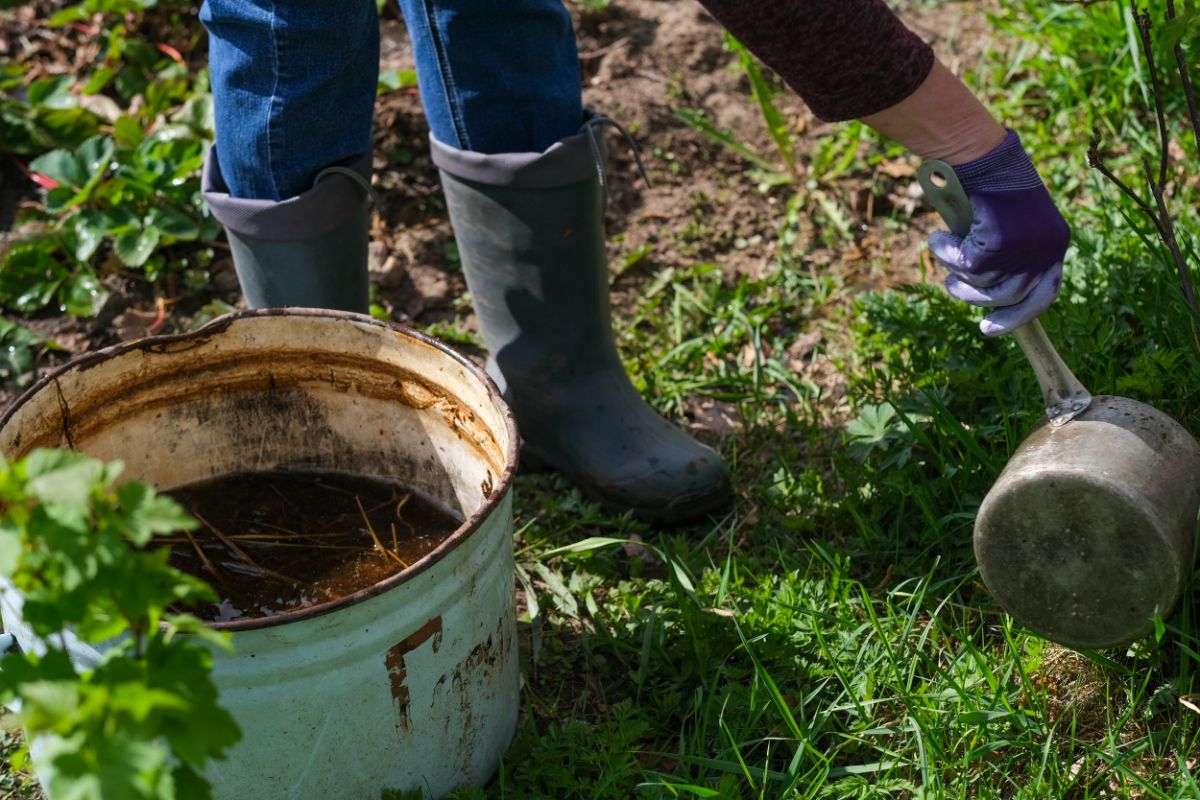
In this guide, we’ll walk you through how to make and use your own organic compost tea for your houseplants, outdoor vegetables, and flowering plants. This powerhouse product can reduce your need to use synthetic fertilizers and pesticides and will have you growing lusher and more productive plants as well! Even better, compost tea can be free to create and is very simple to brew.
Jump to:
What is compost tea?
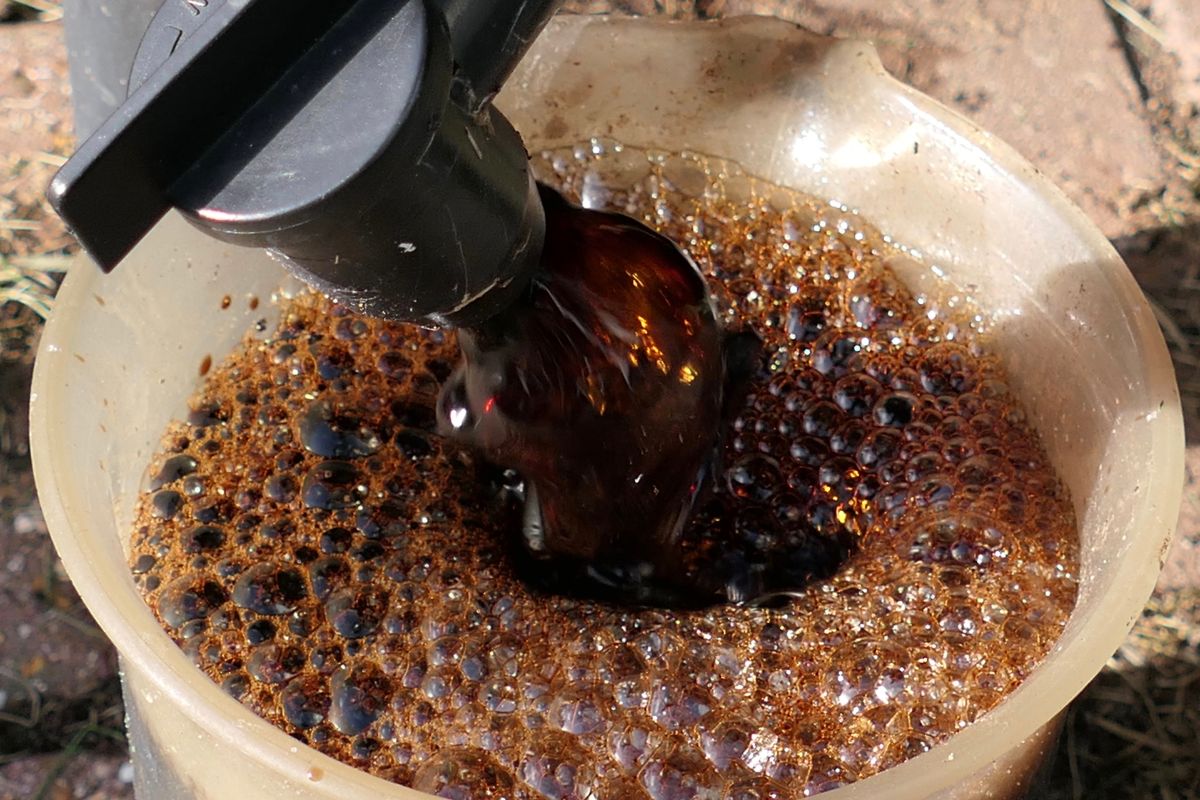
While recipes can vary, compost tea is essentially made by brewing solid compost in water so that the nutrients and beneficial microorganisms (such as bacteria, fungi, and nematodes) within the compost are released. This makes compost tea easier to absorb by plants, and it also simplifies the application process for the home gardener.
Compost tea can be used as both a foliar or leaf spray, as well as a soil drench. Once applied, compost tea can help improve plant health and make plants naturally more resistant to common plant pests and pathogens. Compost tea can also improve soil structure and boost plant growth, resulting in more vigorous plants and a larger harvest of fruit and vegetables.
While compost tea is mostly used on outdoor ornamentals, trees, shrubs, fruit, and vegetables, it can also be applied to houseplants! Additionally, using compost tea will decrease the amount of fertilizer your plants require, which can save you money too.
How to make compost tea
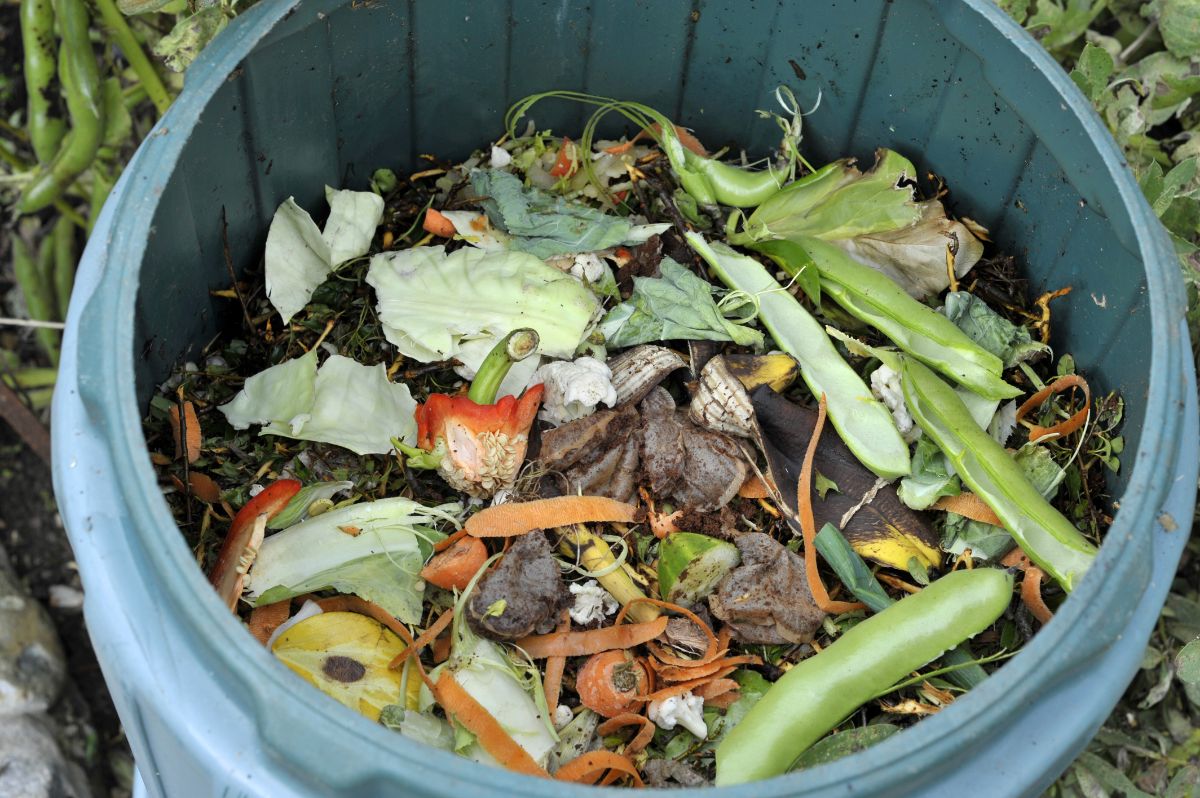
Although there are many different ways to make compost tea, there are two methods that are most commonly used: aerated and non-aerated compost tea brewing. Which method you use may change which beneficial microorganisms develop in your compost tea, but both techniques are effective.
Aerated compost tea is made using an aquarium bubbler or other aeration device, as well as “compost food.” By introducing air into the brewing process, aerated compost teas can be finished faster; however, they are not as stable and need to be used right away. The “compost food” also acts as an accelerator and speeds up the brewing process.
Non-aerated compost tea is simpler to make and requires fewer ingredients, but it takes longer to brew.
Both compost tea varieties are excellent for plant health, so which method you choose to use really comes down to a matter of personal preference.
Note: Very hot or cold temperatures can slow or stop the brewing process. To avoid this, if you’re working outside, only brew your compost tea when temperatures are between 55 and 85°F.
Non-aerated compost tea recipe
Ingredients:
- 5-gallon bucket
- Non-chlorinated water
- 2 to 4 cups of organic compost
- Stick for stirring
- Fine mesh sieve or cheesecloth
What to do:
- Fill up your bucket with water and allow it to sit out overnight. This will remove much of the chlorine that may exist in your tap water, as chlorine can be damaging to the beneficial microbes in your compost.
- After allowing your water to rest, pour your compost into your bucket.
- Now, vigorously mix the compost into the water for about 2 minutes.
- For the next 7 to 10 days, mix your compost tea once or twice daily.
- Once your compost tea has been brewed in this manner, it’s ready to use. You can simply pour off the water and use it as is. However, if you want to use your compost tea with a garden sprayer, strain out the solid bits of compost first using cheesecloth or a sieve to ensure your sprayer hose doesn’t get clogged.
Aerated compost tea recipe
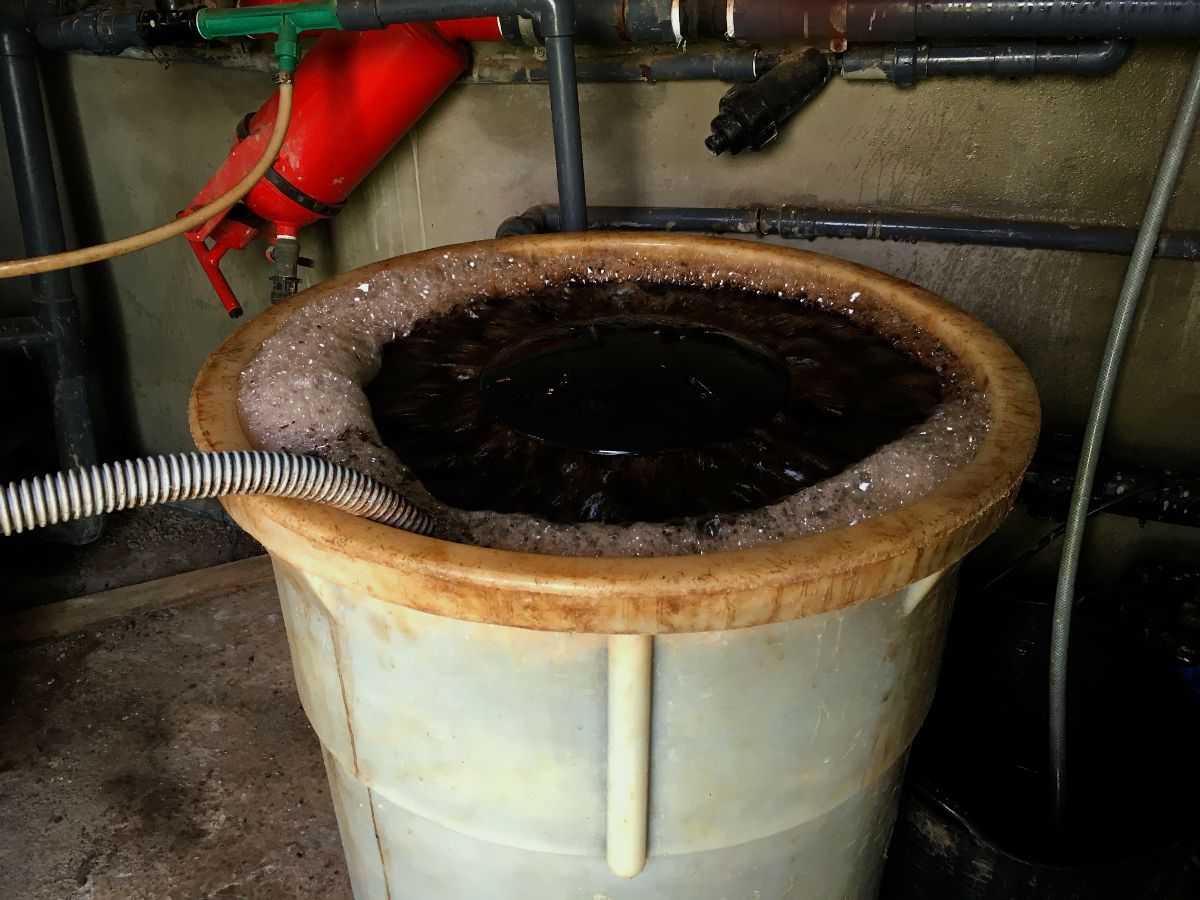
Ingredients:
- 5-gallon bucket
- Non-chlorinated water
- 2 to 4 cups of organic compost
- Unsulphured molasses
- Fish and kelp hydrolysate
- Humic acid
- Nylon stocking or other fabric tea bag for brewing
- Aquarium air bubbler
What to do:
- As with the non-aerated recipe, you don’t want to use chlorinated water to make your compost tea. So, fill up your bucket with tap water and allow it to rest for 12 to 24 hours to remove the chlorine.
- Next, install the aerator in your bucket and turn it on. For a properly circulated bucket, you need more than just a gentle stream of bubbles. Adjust your aerator until the water in your bucket moves and churns briskly.
- Now, mix together your “compost food,” which will accelerate your brewing process. To do this, add ½ cup of hydrolysate and ½ cup of unsulphured molasses to your bucket and then pour in 2 tablespoons of humic acid.
- Scoop your solid compost into the nylon stocking or whatever other fabric bag you’ve chosen to use. Then tie the fabric shut tightly so that the compost is contained and won’t spill out.
- Drop the bag of compost into your bucket and allow it to brew for 24 hours. Once finished, your compost tea should be slightly frothy and have a pleasant and earthy smell. If your brew smells bad, the water was likely not properly aerated, and you’ll need to start over with a new batch.
How to use compost tea
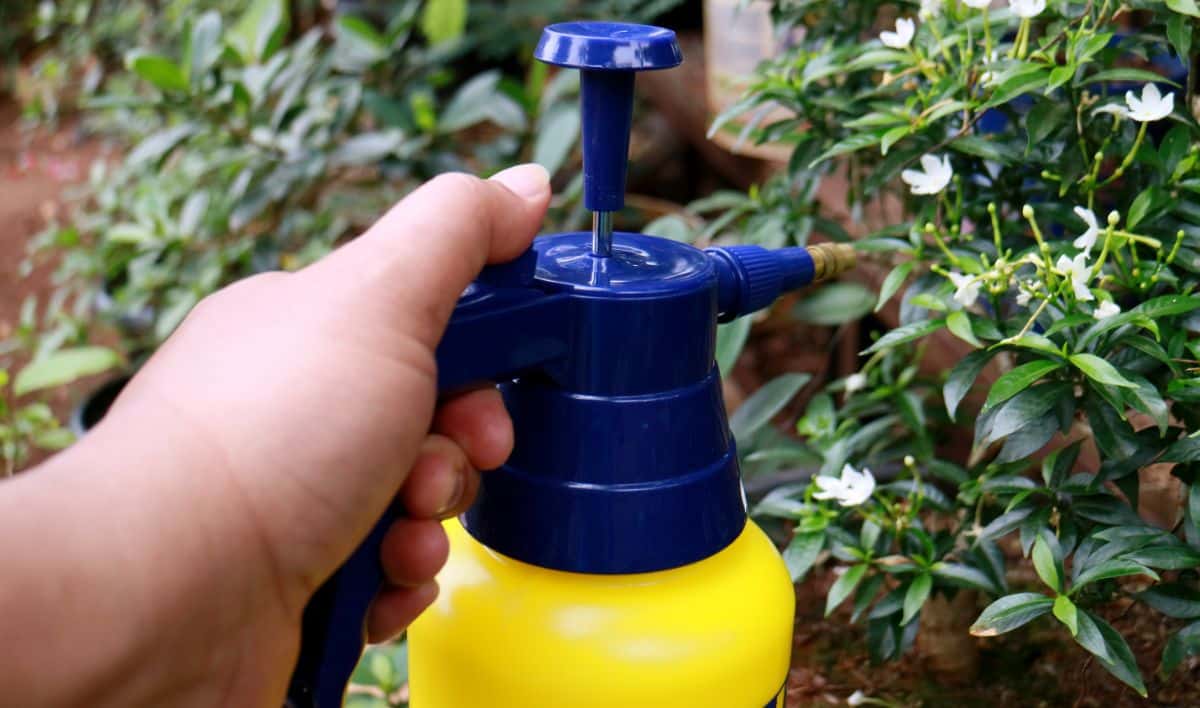
Compost tea can be used as both a foliar (or leaf) spray or as a soil drench. This product is also versatile enough to use on houseplants and outdoor plants, including vegetables, fruit, trees, and ornamentals.
Compost tea should be used as soon as possible after brewing, especially if you created your compost tea using the aerated method listed above. Beneficial microorganisms will begin to die off quite rapidly after the brewing process finishes, so in order to get the most out of your homebrewed tea, you’ll want to use it right away.
Whether you’re using your tea on plant leaves or roots, it’s a good idea to dilute your compost tea with water prior to application at a rate between 1:4 (1 part tea to 4 parts water) to 1:10. Diluting your tea before you use it will make certain that your tea isn’t too strong for your plants.
To use your compost tea as a foliar spray, pour your tea in a garden sprayer and drench your plant leaves with it. Foliar sprays should be applied only in the morning, as sunshine will kill off the microorganisms in your tea. Used at the beginning and throughout the growing season, foliar compost tea sprays can help prevent bacterial and fungal issues, such as leaf spot and powdery mildew.
Compost tea can also be poured along plant roots as a soil drench. For houseplants, apply diluted compost tea instead of your regular weekly watering once or twice a month. For outdoor plants, water your plants with your tea at a rate of 1 gallon of tea per 100 square feet of garden space.
Frequently asked questions
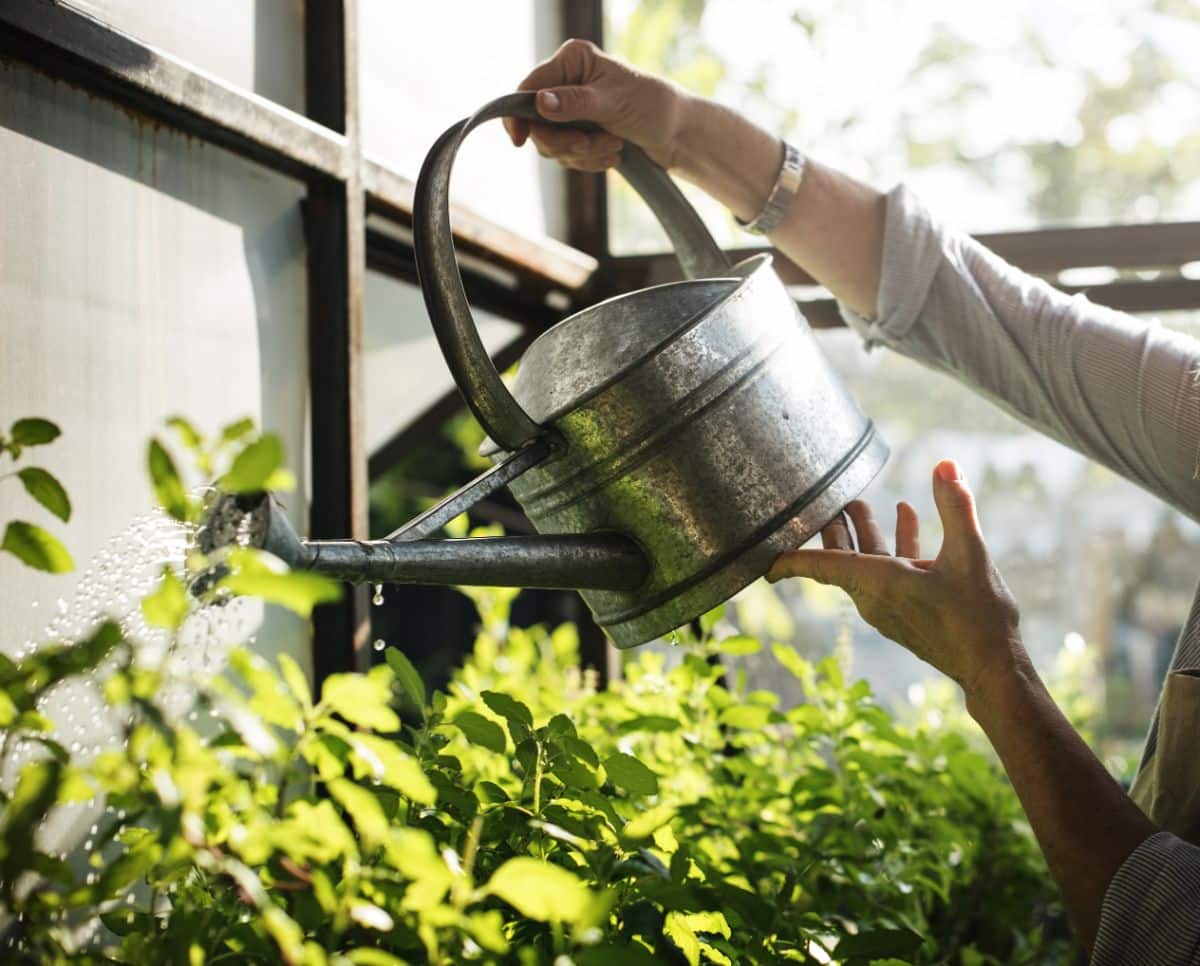
Using manure, especially fresh manure, is not recommended when brewing compost tea as it can contain e-coli and other harmful bacteria. Fresh manure also often contains high levels of nitrogen, which can burn plant leaves and roots.
Brewing compost tea too long can create an anaerobic (air-free) environment as the beneficial microorganisms within the brew use up all of the available oxygen. After this occurs, the beneficial microorganisms will begin to die off, and the resulting compost tea will start to smell. Harmful bacteria, like e-coli, will start to reproduce too.
You don’t have to, but it is recommended. Depending on the strength and ingredients in your compost, undiluted compost tea may have high levels of nitrogen, which could harm plant leaves. Diluting compost tea with water to a 1:4 ratio is suggested, as this will ensure that your compost tea isn’t too strong for your plants.
Depending on what plants you’re growing, diluted compost tea can be used every time you water. However, most gardeners choose to apply compost tea once or twice a month.
Molasses works as an accelerator when brewing compost tea. This is because the beneficial microorganisms in your compost feed on the sweet molasses. Adding molasses to your compost will jumpstart the brewing process and result in a finished compost tea in just 24 hours.
Compost tea is only as good as the compost you use to make it. If you have a very well-balanced compost, compost tea may be enough to support your plants’ growth. However, diluted compost tea is frequently used in conjunction with organic fertilizer to guarantee that your plants get all of the micro- and macronutrients they need.
Summary
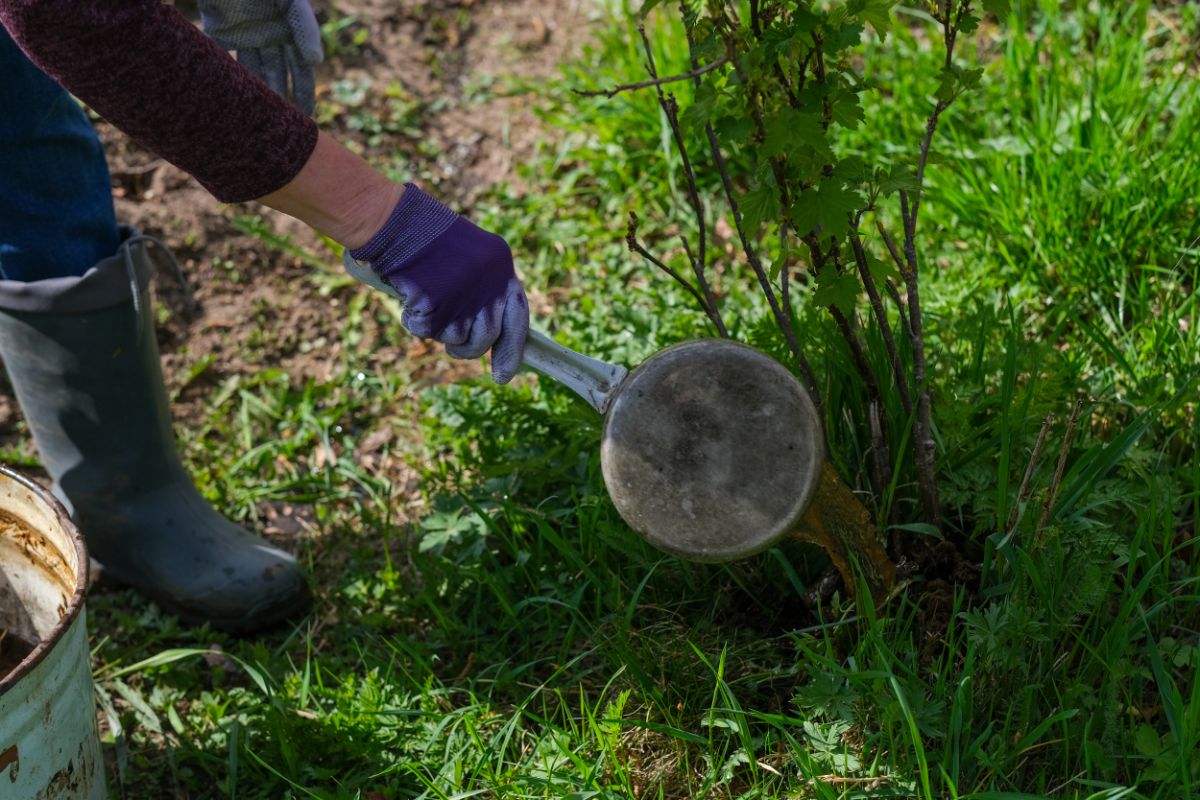
Compost tea is an amazing product to add to your organic gardening toolbox. Not only is it very easy and budget-friendly to make, but it can reduce your need to use fertilizers and pesticides. And, with this product on hand, you’re certain to grow healthier and more abundant plants too!
While compost tea is a must-have ingredient in the organic garden, there are lots of other useful products to try! Aged manure is one popular soil additive that can also improve soil health and structure and boost plant growth. To learn more about using aged manure in your garden, check out our guide here.

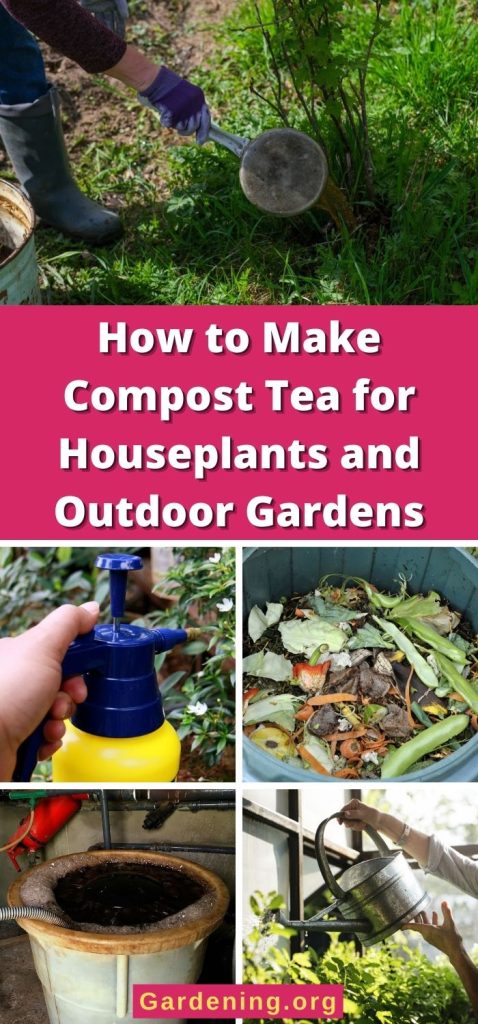
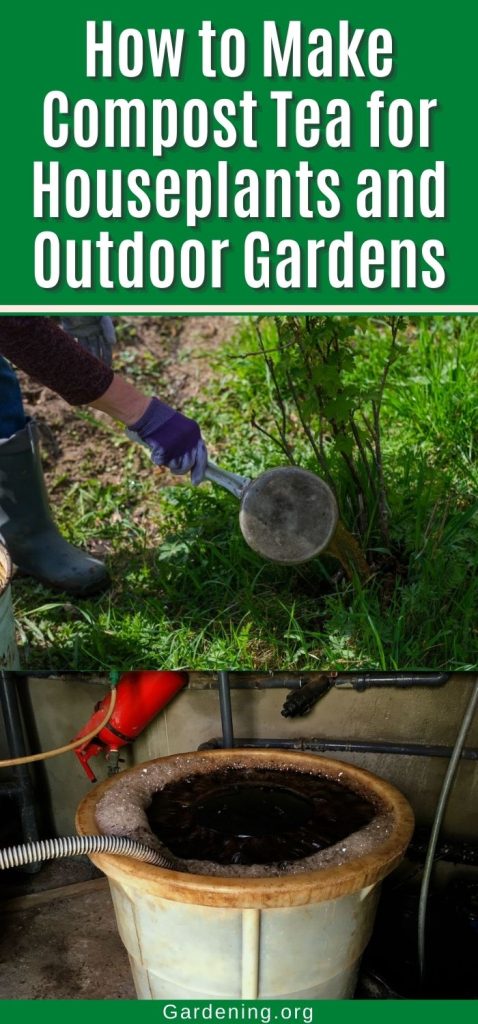
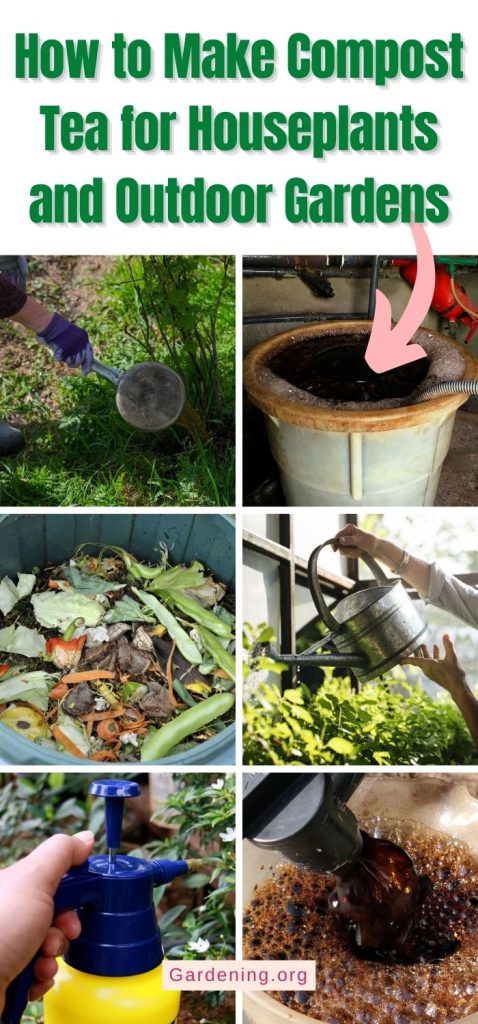
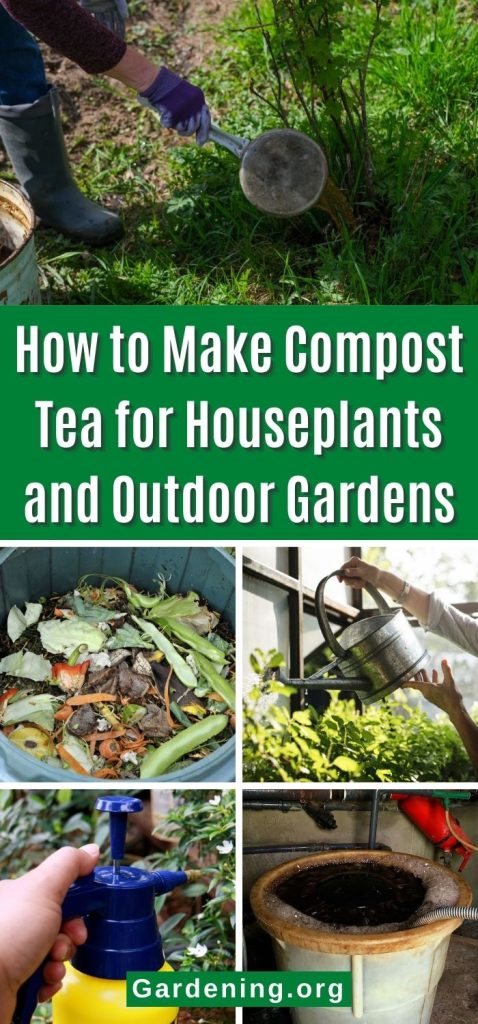
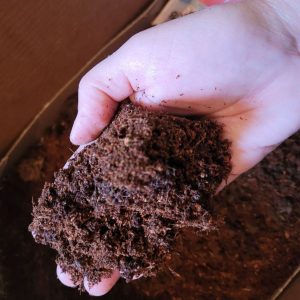
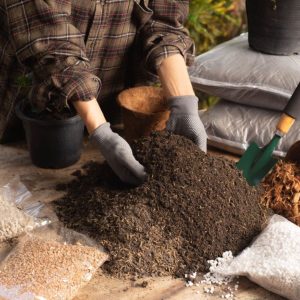
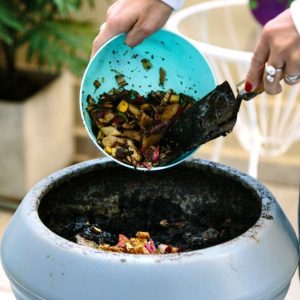
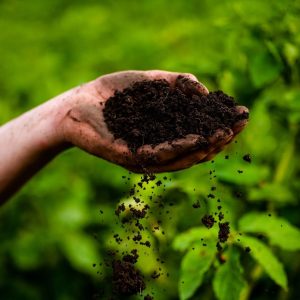
Dr Ahmed
Very beneficial subject
Esther Kowalko
I added water to grass clippings .It has strong green manure smell . You said Ecoli could grow .Yikes is it safe to use??
Mary Ward
The only real way to know that would be a laboratory test. A manure-like smell is not necessarily a bad thing. And not all manure contains eColi.